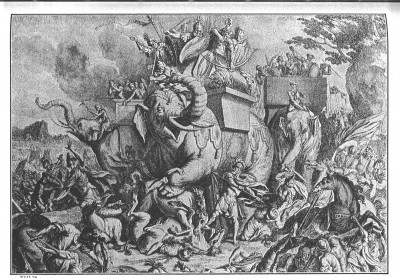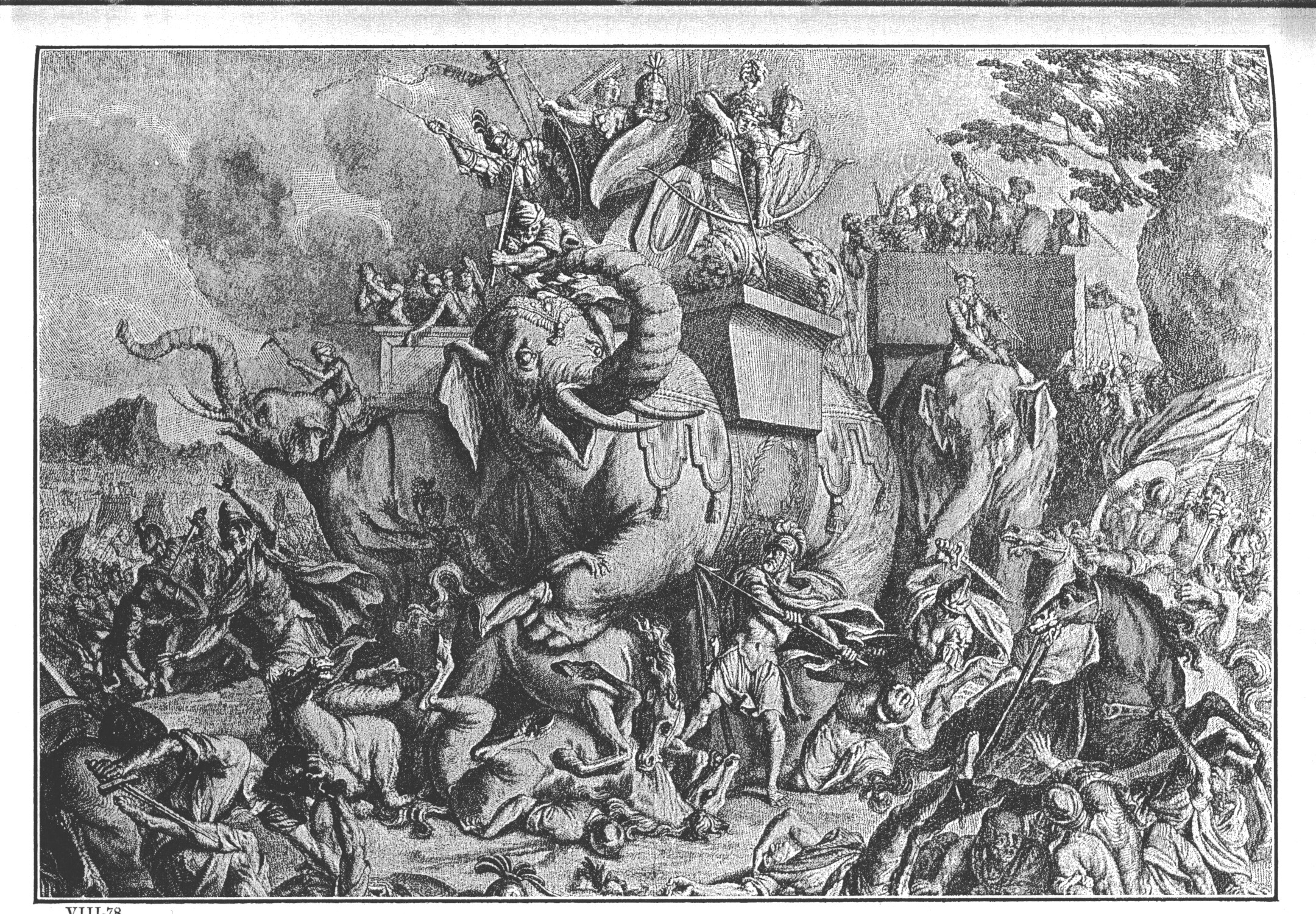
| CC via Wikimedia Commons
Hanukkah gets a bad rap. It is seen as the most Americanized of the Jewish holidays and as the Jewish pinnacle of consumerism and indulgence. On top of that, when looking closer at the Hanukkah story, we see a radical, anti-assimilationist militant group that, in reality, ended up embracing the Hellenism they had worked so hard to reject after failing to set up a lasting monarchy in Judea. Indeed, the idea of purity seems to be a common theme in the Hanukkah story: from the Maccabees’ fight to preserve Jewish culture to the rededication of the Holy Temple and the search for “pure” olive oil that would last for eight days.
And yes, in America, Hanukkah is all of those things, but is so much more. Which is why Hanukkah is my favorite Jewish holiday.
German-Jewish political theorist Hannah Arendt wrote in her Origins of Totalitarianism: “Nothing is more characteristic of the totalitarian movements…[than]the startling swiftness with which they are forgotten and the startling ease with which they can be replaced.” Indeed, the Maccabees were one such totalitarian movement — they came and went with breathtaking speed when seen in historical perspective. Moreover, they did not accomplish their goal: eventually the Maccabean dynasty embraced Hellenism and allowed it into Jewish culture. Perhaps, then, what we are celebrating is something more than the Maccabees’ defeat of the Assyrian Greeks.
After all, when seen in historical perspective, the Maccabees were wrong and failed.
When looking at the Americanization of Hanukkah, we can look back to 1879, when a group of young Jews, called Keyam Dishmaya, worked to revitalize what they considered the “national” holiday of Hanukkah. (For more on Keyam Dishmaya, see the beginning of chapter four of Jonathan Sarna’s American Judaism: A History.) Although the tradition of gift-giving would come later in American-Jewish History, Hanukkah was seen by Keyam Dishmaya as the perfect way to revitalize Jewish life in America, as well as to create an anti-assimilationist sentiment amongst America’s Jews at the end of the nineteenth century. Ultimately, it is because of these young Jews, Sarna concludes, that the celebration of Hanukkah is so popular. Their reason for celebrating Hanukkah was not because it commemorated a tried and failed attempt by a radical Jewish minority to preserve a culture which the majority of Jews at the time (including themselves) would end up embracing, but because it was the perfect holiday to accommodate Judaism to American conditions.
Hanukkah in America became popular not because it advocated for exclusion from other cultures, but because it allowed young Jews to be proud of and true to their traditional Jewish practices while also allowing for innovation and ingenuity in Jewish practice and life.
Ultimately, when we celebrate Hanukkah today, we are celebrating a completely different Hanukkah than our predecessors. We are not celebrating our fight to preserve a “pure” Jewish culture but our ability to adapt to our surroundings. Radical groups will ultimately fail, but it is our ability to adapt that allows us to continue to survive as a religion, a people, and a culture. Indeed, the founders of Keyam Dishmaya, Jews between the ages of 21 and 29, even noted that their “[P]roclivites…are toward ‘reformed’ Judaism, but our disposition is toward Orthodoxy.” The Americanized Hanukkah was not meant to be a celebration of the triumph of extremism, but of the ability to innovate.
Hanukkah has become so much more than a commemoration of extremism. When we light our menorahs, we are lighting not to commemorate a war fought by an extremist, exclusionary minority, but our ability to continue to find ways to thrive and to create more engaging ways for Jews to find their way into Jewish culture and religion. When we light our hanukiyyot to “publicize the miracle,” the miracle we are publicizing might not be the triumph of the Maccabees at all; it might, instead, be the ability of our Jewish predecessors to continue adapting to their surroundings so that we still have candles to light and a holiday to celebrate..
When we light our menorahs tonight, we should not be lighting for the events of yesterday. Our publicizing the miracle is meaningless if we do not continue fighting to create a Jewish culture which is equally innovative and meaningful as our predecessors’, be they the Maccabees or Keyam Deshmaya. Troubling though the history of the Maccabees may be, their goal was a sincere one, and their desire was not unlike that of Keyam Dishmaya’s: they, too wanted to preserve Judaism for future generations. Now, when we light our candles, it is time for us to make sure that we do the same. To quote Peter, Paul, & Mary: “Light a candle for decency; light a candle for hope; light a universal candle for peace.”
We light our candles to commemorate that those before us did not let their lights go out. Nor should we let ours.
Amram Altzman is a student at List College.

